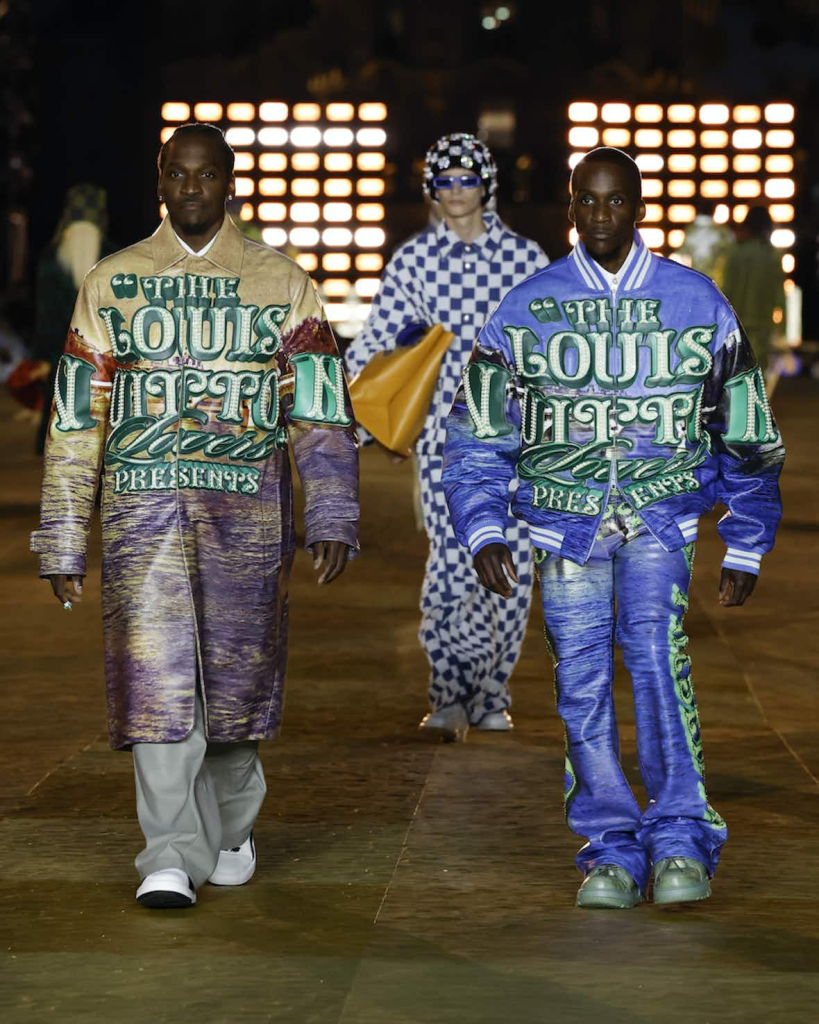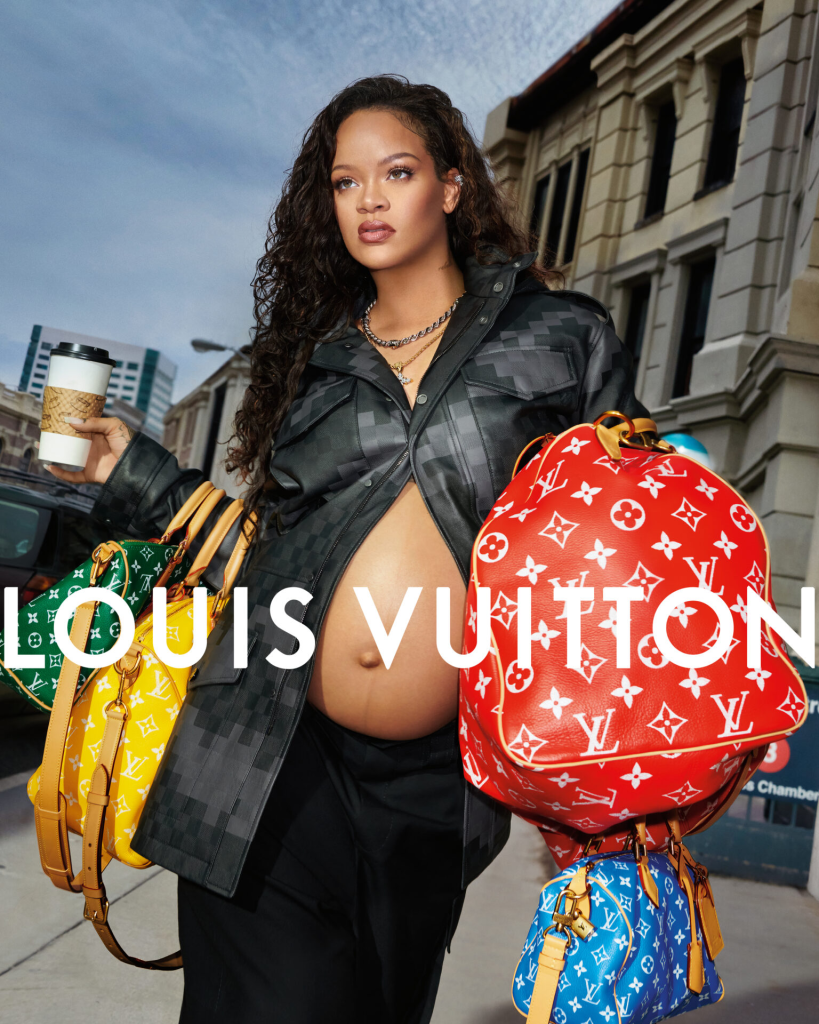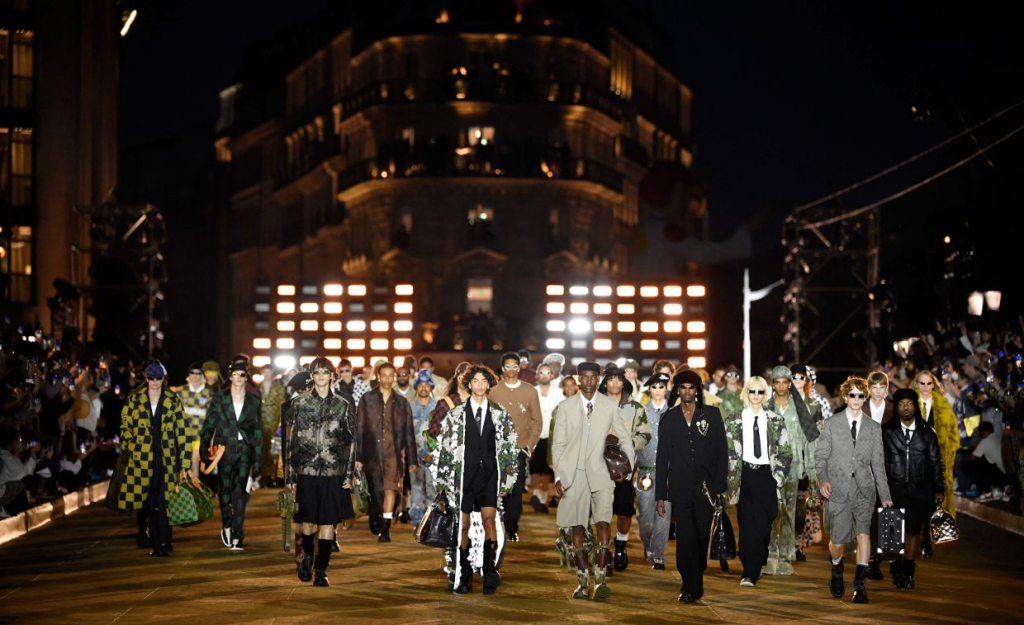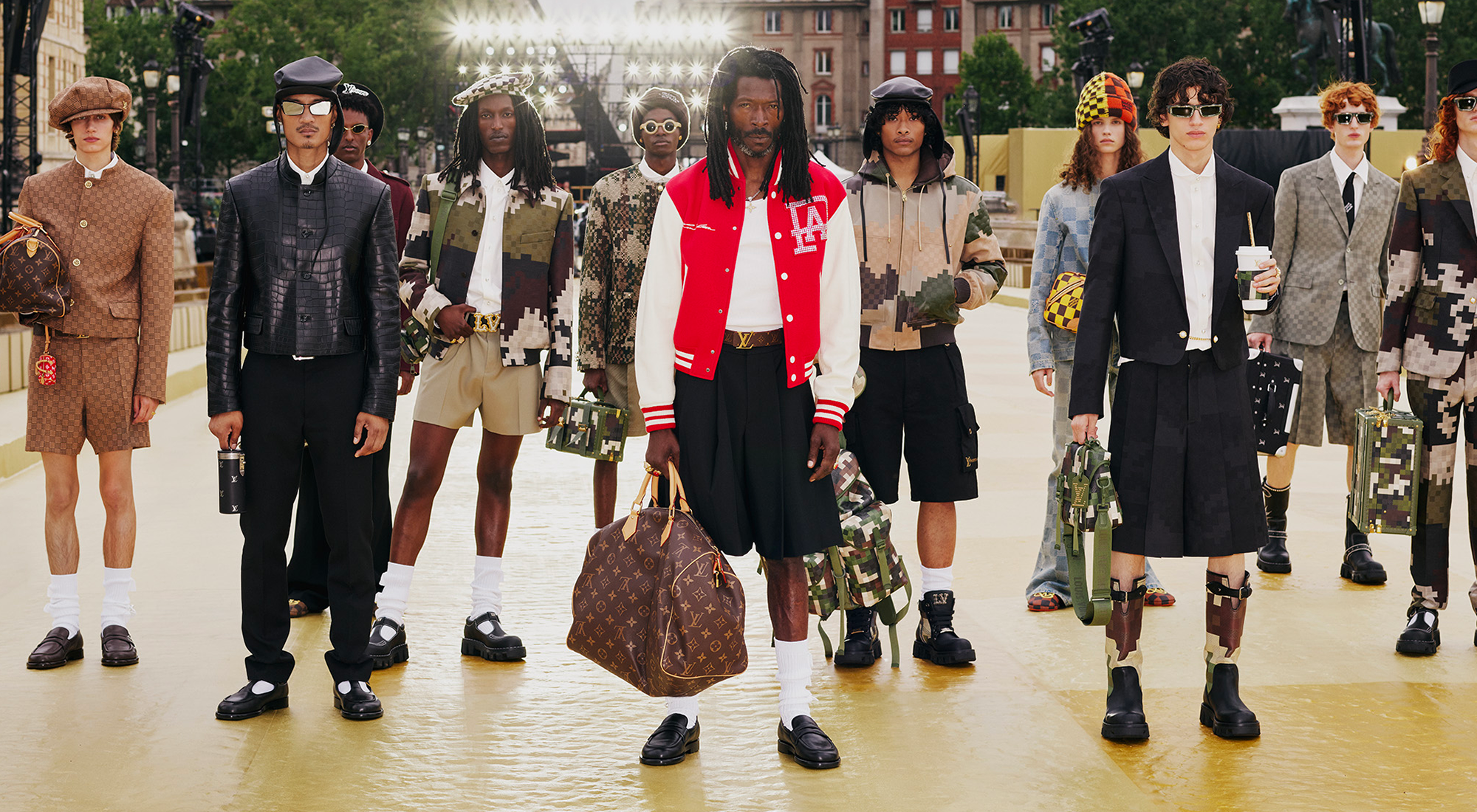Introduction: In the ever-evolving landscape of luxury fashion, iconic brands like Louis Vuitton have been navigating a delicate balance between tradition and modernity. The recent appointment of Pharrell Williams as a collaborator with Louis Vuitton has ignited discussions within the fashion community, with some traditionalists expressing concerns that the move is more focused on driving sales than upholding the exclusive allure of luxury.
A Departure from Tradition: Louis Vuitton, synonymous with timeless elegance and craftsmanship, has traditionally catered to a discerning audience seeking exclusivity and sophistication. The collaboration with Pharrell Williams, known for his contemporary and eclectic style, signals a departure from the brand’s conventional approach. Critics argue that this shift places a greater emphasis on commercial success rather than the creation of exclusive luxury products.

The Pharrell Factor: A Pop Culture Icon: Pharrell Williams, a multifaceted artist, producer, and fashion influencer, is undeniably a pop culture icon. His appointment by Louis Vuitton is seen as a strategic move to leverage his global appeal, especially among younger demographics. While this aligns with modern marketing strategies, it raises concerns among traditional Louis Vuitton enthusiasts who fear a dilution of the brand’s storied heritage in pursuit of broader market reach.
The Commercialization of Streetwear: Louis Vuitton’s collaboration with Pharrell Williams places a spotlight on the growing intersection between high fashion and streetwear. The brand, revered for its classic monogram and luxury leather goods, is now venturing into a more casual aesthetic. Traditional fans argue that this commercialization of streetwear compromises the exclusivity that has been a hallmark of the Louis Vuitton legacy.

Limited Editions and Mass Appeal: The hallmark of many collaborations is the creation of limited-edition products designed to generate hype and drive sales. While this strategy is common in the modern luxury landscape, traditional Louis Vuitton patrons worry that the brand’s focus on limited editions and mass appeal may dilute the uniqueness that once defined the exclusivity of owning a Louis Vuitton piece.
Cultural Relevance vs. Artistic Integrity: Louis Vuitton’s collaboration with Pharrell Williams raises questions about the balance between cultural relevance and artistic integrity. While staying culturally relevant is crucial for a brand’s survival, critics argue that compromising the artistic integrity and heritage of Louis Vuitton in favor of commercial success may alienate long-time supporters who have cherished the brand’s commitment to craftsmanship and timeless design.

Conclusion: The Louis Vuitton appointment of Pharrell Williams undoubtedly marks a shift in the brand’s strategy, emphasizing commercial success and market expansion. While this move may attract new demographics and bolster sales, it prompts concerns among traditional Louis Vuitton enthusiasts who fear a departure from the brand’s cherished traditions. As luxury fashion continues to evolve, the delicate dance between commercial viability and artistic integrity remains a central challenge for iconic brands navigating the modern landscape.
Shayne Heffernan









